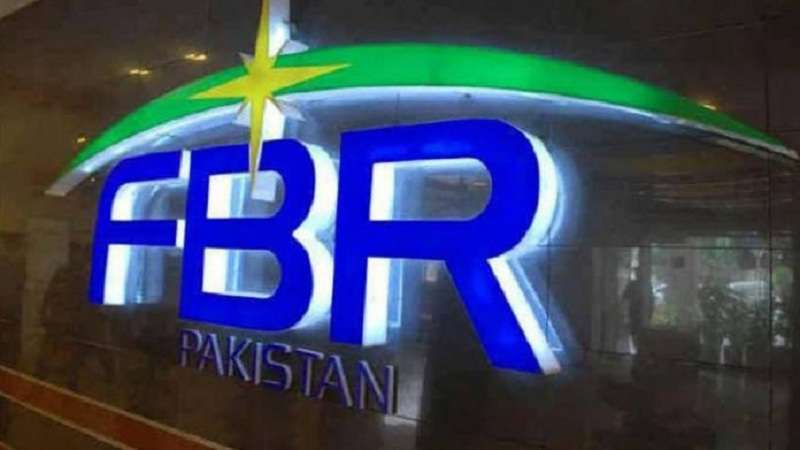Karachi, January 25, 2024 – The Federal Board of Revenue (FBR) has officially released the advance tax rates on sales to retailers for the tax year 2024, as outlined in the updated Income Tax Ordinance, 2001.
The new rates, specified under Section 236H, provide insights into the taxation framework for various sectors in the retail industry.
Section 236H of the Income Tax Ordinance, 2001, sheds light on the obligations of manufacturers, distributors, dealers, wholesalers, and commercial importers in specific sectors. These sectors include pharmaceuticals, poultry and animal feed, edible oil and ghee, auto-parts, tyres, varnishes, chemicals, cosmetics, IT equipment, electronics, sugar, cement, iron and steel products, motorcycles, pesticides, cigarettes, glass, textile, beverages, paint, or foam.
According to the updated section, every entity falling under the mentioned sectors, at the time of sale to retailers, must collect advance tax at the specified rate from the recipient. Additionally, distributors or dealers involved in transactions with other wholesalers within these sectors are also subject to this requirement.
The rate of collection of tax under Section 236H is set at 0.5 percent on the gross amount of sales. However, for retailers not included in the Active Taxpayers List (ATL), the rate has been increased to 1 percent. This initiative aims to encourage retailers to comply with tax regulations and be a part of the ATL, contributing to the formalization of the economy.
Furthermore, the provision allows retailers to claim credit for the tax collected under subsection (1) when computing the tax due on their taxable income for the tax year in which the tax was collected. This mechanism ensures a fair and transparent approach to tax collection, benefiting both the government and the retailers.
The move by the FBR to specify advance tax rates for sales to retailers serves multiple purposes. Firstly, it provides clarity and transparency in the taxation process, ensuring that all stakeholders understand their obligations. Secondly, it incentivizes retailers to become part of the ATL, promoting a culture of tax compliance and contributing to the broader goal of economic formalization.
As the retail industry plays a pivotal role in Pakistan’s economy, these measures are crucial for maintaining a robust taxation system. The FBR’s efforts to streamline advance tax rates contribute to a more efficient and accountable financial ecosystem, ultimately fostering economic growth and development.
In conclusion, the Federal Board of Revenue’s notification of advance tax rates on sales to retailers for the tax year 2024 is a significant step toward creating a fair and transparent taxation framework. The move aligns with broader efforts to formalize the economy, encourage tax compliance, and ensure the sustained growth of Pakistan’s retail sector.
